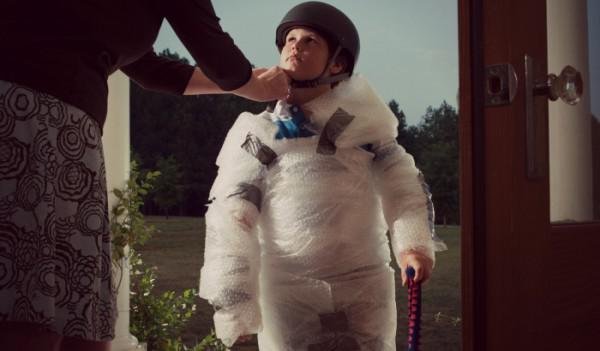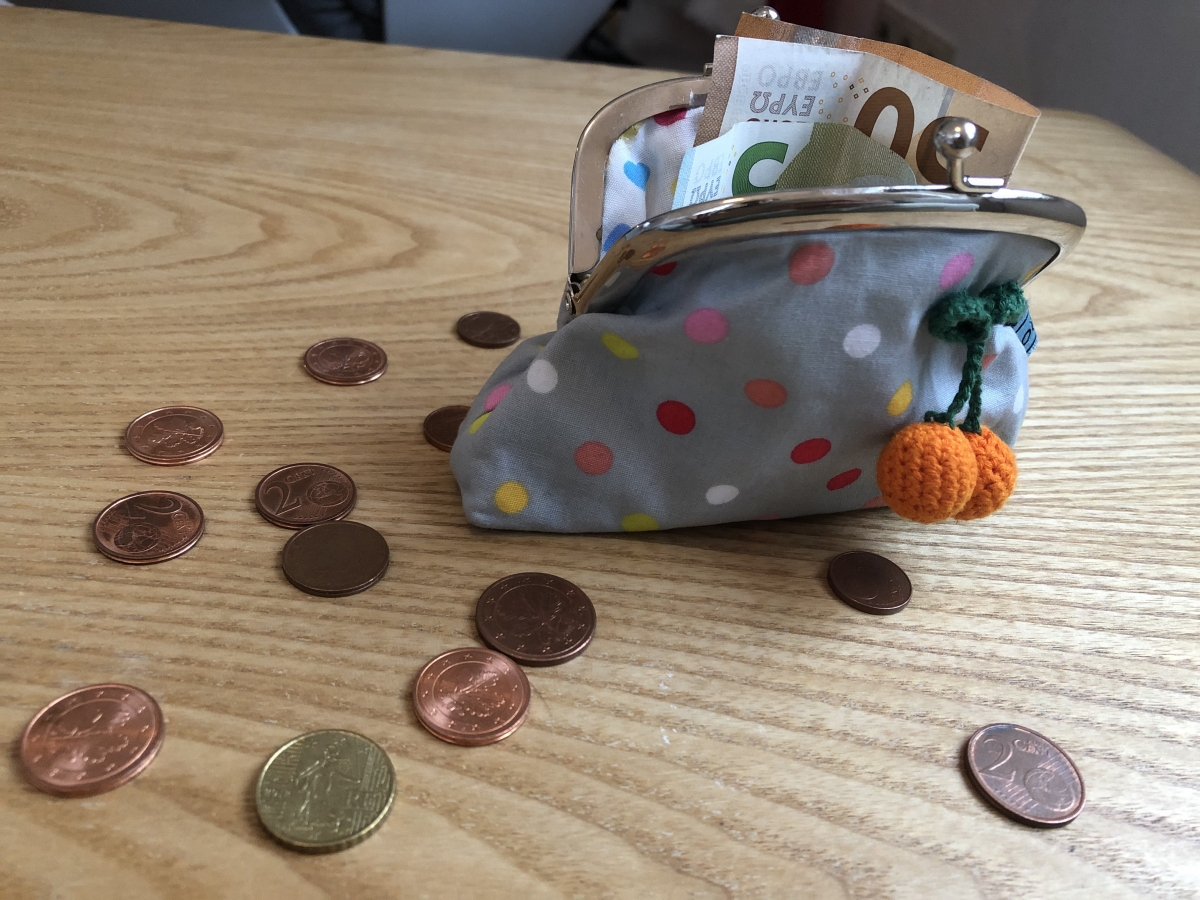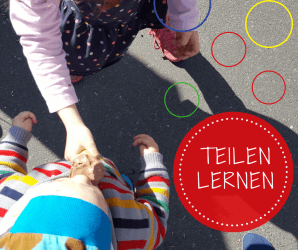
There are good reasons why this type of education, also known as hyper parenting, is popular.
Scientific studies on how to develop young brains have given parents hope to offer their children the best nutrition, environment, and care. These investigations help us to be sure, but they also create concerns that we are not properly educating. For example, you’ve probably heard that you should talk to your babies and toddlers, but a recent report found that it’s not easy quantity of the words you use, it’s the kind of words – quality is more important than quantity. Certainly articles and books will crawl to our children in the upcoming "best" or "right one" Way too speak become!
Economy play a role. In a recent study, economists in today’s economy fear parents that the stake in success is high so their children won’t be able to reach out on their own. This has not always been the case. In the 70s and 60 Years ago parents were more liberal and less involved, but also less worried about their children’s future economic because inequality was not quite as high. In the boom times of the 90s, the income gap started to be huge, what if hyper-parenting started to grow in popularity. It has only become more and more popular. Compared to the mid-1970s, higher education mothers in the early 2000s spent an average of eight hours more a week with their children.
Does that mean we all hover over our kids, ready to intervene the moment they experience the slightest harshness? Some say yes, but I don’t say so quickly. An essay in the New York Times by Pamela Druckerman, author of Bringing up Bébé, advises that we expect the French to score a notch for inspiration like our parenting engines. A few of her tips pricked:
Understand that as a parent it is impossible to do a perfect job.
You will mess up your kids in some way, probably in a way that cannot be predicted. That is human nature. Parents are the pad of the kids start. Your children will push against you to go about the world – reject them, and agree with you, and make mistakes. That is how it works. Try not to worry too much!
Teach your children about feelings, both negative and positive.
Not everyone will find your child or their jokes funny or they want to succeed. Help them build solid self-esteem so that they don’t get crushed when they encounter this type of resistance. After a fall – and I mean that both figuratively and literally, like after having skinned one knee – give them a hug, then they brush off and back into the game. Don’t spoil them.
Show the meaning of the life of a happy life.
Have high hopes, but don’t be upset to the point that you are not enjoying the present moment. Set a good example by getting out for appointments with your partner so that time for Friends, and take care. Get enough sleep. Eat healthy and sensual. Forgive yourself if you make mistakes. And don’t beat yourself up for not having the perfect work-life balance – whoever does it?
Expect more from your children.
In many cases, children are able to do more than we think. Don’t automatically step to help. Instead, stand back and see more because they’re pretty cool people, these kids of ours.
It is natural for us to be worried about them, and at the present time, more than our parents are worried about us. But don’t let your parenting fears drive you. The kids are gonna be alright! Enjoy your role as a parent as much as possible. You want your kids to see you as happy, relaxed parents, no nail biting, stressed, hyper involved floating one.
Image courtesy of ThinkStock
RELATED ITEMS
-

Let’s talk about money! How can we women just secure ourselves well for later, city country mom
Dear ones, I do not know how it was and is in your families, but as far as I can see, we are not really talking about in this country…
-

Learning to read – this is how parents can help their children
Being able to read is a matter of course for us adults in this country. Men and women read automatically when confronted with a word,…
-

When can children start sharing? And how can you learn it?
Sometimes my son and I sit together and he wants to share his holy yogurt with me. His favorite food. He doesn’t calculate how much he does…
-

15 Things Parents Should Know When To Tell About Children Drugs
Hello. Hey, drugs. Sit down. Yes, right there on the mirror is fine. No, you are not in trouble. We need to talk. # 15. say…
